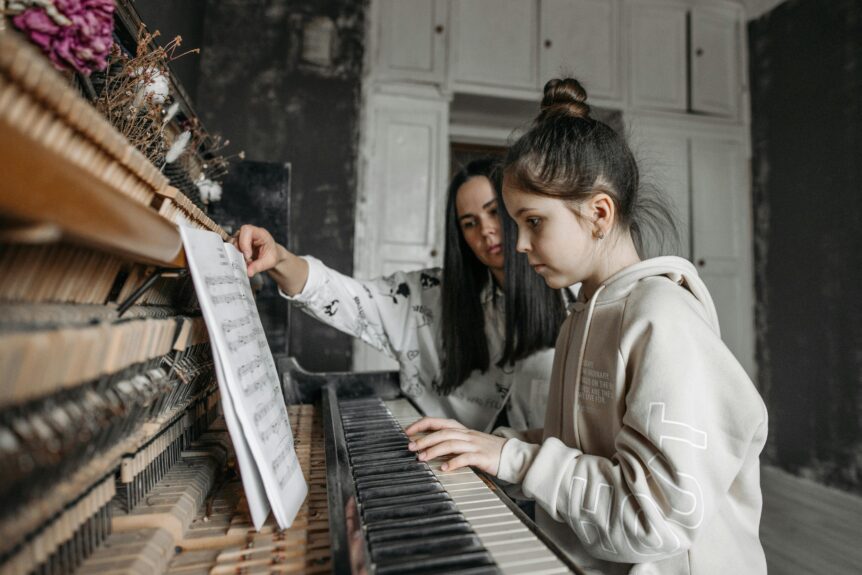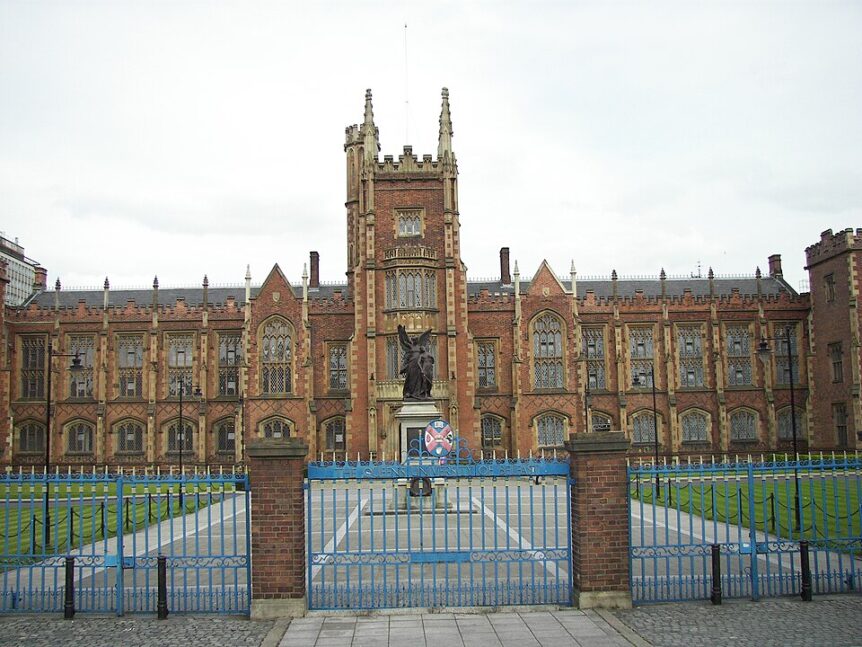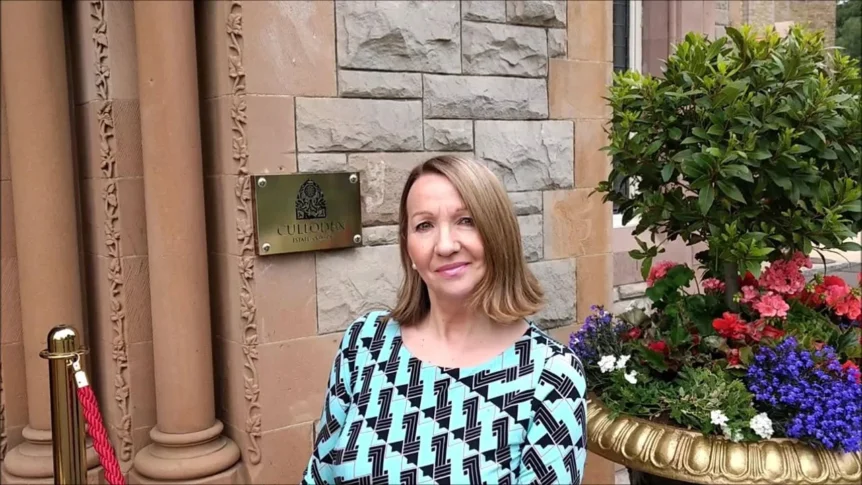Have you any early memories of being attracted to the arts generally or poetry specifically?
For sure, yes. This is primarily down to my parents who encouraged a love of reading. My childhood was filled with books and music so as a result I was always surrounded by songs, hymns, rhymes, children’s poetry and what would have been traditional recitations. I was also exposed to a lot of shows, concerts and plays both in the audience and taking part. I loved art and craft growing up and was always making stuff.
My parents were great music lovers. My father was from Donegal and he came from a very musical family. His grandfather was the organist and choir master in a local church and he had an aunt who was a trained soprano. He played several instruments himself and my mother too loved all types of music.
I went to both piano lessons and dancing school. As a result I definitely was exposed to the arts from a very early age.

Obviously there was a lot of support at home. Was there any support at school?
I think I was fortunate enough to attend school at a time when music and singing were a routine part of the curriculum as was putting on plays and concerts.
I had a very traditional schooling in English right throughout primary school and grammar school where all genres were featured. I remember a high profile of poetry as well as children’s stories and novels which I loved.
I think the culture was different then. Everyone was exposed to a lot of books, you were expected to do a lot of reading for learning. I would say that my own interests were fully explored and supported in the schools I went to and obviously with the encouragement I got at home and I didn’t lack anything to pursue my interests.
What do you think is different now?
Obviously the internet has revolutionised the way people consume and learn about the arts, but viewing on a screen, is only one way and a fairly limited way, of being exposed to the arts. Because of the way algorithms work, viewing can be manipulated and that’s a form of censorship and control in itself.
Some activities, by their nature are group oriented especially concerts, plays, choirs and the best or only way of doing that is by being together. This makes the learning a collective, sharing experience. I appreciate that the internet too can host group sessions and with no geographical limits.
Even though we do have a lot more access to resources at our fingertips especially outside of say a school or a learning environment, being taught to sing or being taught the rudimentary elements of music and being exposed to the profile poetry would have had when I was at school, isn’t necessarily the same as the experiences people have now.
This is why organisations like CAP are invaluable for the workshops and learning they provide and the opportunity for people to interact, discuss and network.
There are quite a few people I have heard say that?
If you’re taking English specific subjects as you get older obviously then that changes things but I think what I am referring to is the whole tradition of concerts and shows that would have been available at school and through church groups, for example, the Girl Guides. I remember being involved in the production of variety concerts and shows and I don’t think that type of activity has the same profile as it once did. Singing and acting are about learning words, so they’re complimentary activities for learning and writing poetry.

Did you go on to study literature or at college or university?
I did my BA degree at Queen’s University and the curriculum included both English and European literature as well as philosophical/ literary studies and social studies. It was actually a new degree for Queen’s at the time and my starting year was the first year. Fundamentally, it was like a combined humanities degree but you could tailor your learning and choose your focus.
Obviously for me that was going to be literature, so I was very lucky to be able to study both English and European literature and, as I said, philosophical and literary studies. All the genres – drama, novels and poetry were covered. The whole approach made the experience much wider than maybe some of the other more traditional literature courses. It was a happy accident that I received the education I did at the time.
It sounds ideal?
Yes, as well as the structure of the degree I was fortunate enough to have had some extremely talented lecturers who had a deep passion for literature. I think that enriched the experience.
I was also quite lucky to be at Queen’s at a time when the arts scene was really evolving. There were a lot of great poets and dramatists around doing readings and getting their plays off the ground – some established, some up and coming. We take a lot of things for granted, like the Seamus Heaney Centre, but everything that is available now had to be built up and it was certainly evolving at the time I was there so those were great things to be able to tap into as they were developing.

To see more of Christine Hammond’s work go to the links below
www.amazon.co.uk/SOJOURN-Moments-Poetry-Christine-Hammond/dp/1036922898
